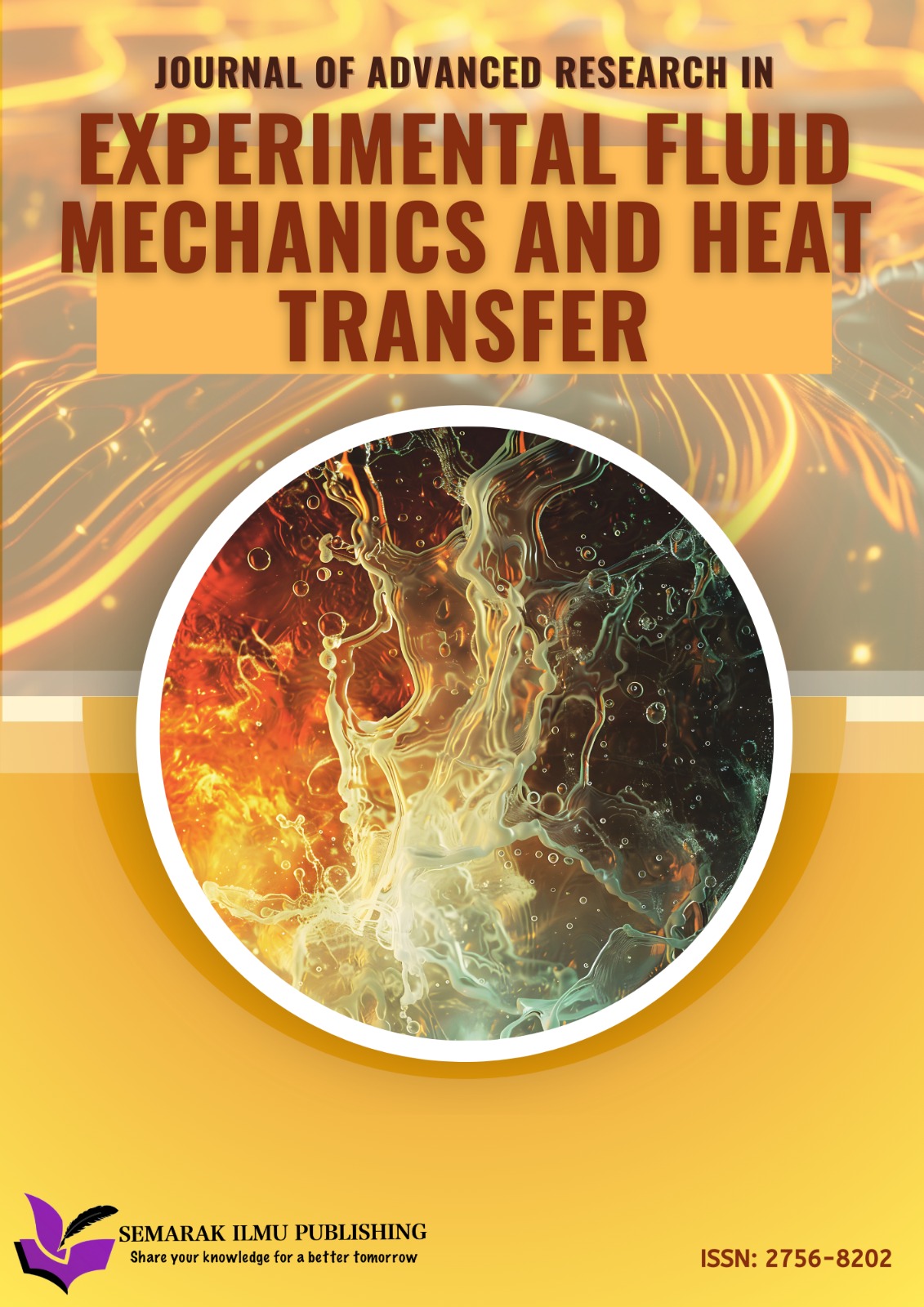Renewable Resource based Decentralized Power System to a Remote Village in Malaysia: Optimization and Techno-Economic Evaluation
Keywords:
Remote area, rural electrification , renewable sources , hybridAbstract
A portion of rural and remote areas in Malaysia still do not have access to grid electricity and in near future they are unlikely to get grid access. Lack of electricity in rural areas jeopardises development and exacerbate the poverty. Decentralized off-grid rural electrification system that integrates various renewable energy sources became inevitable for areas where grid connection is neither available nor feasible. Moreover, designing and implementation of efficient and techno-economically viable off-grid electric supply is a challenging task. A hybrid combination of renewable energy technologies is appeared to be a suitable candidate over grid extension for remote areas. In this study, we model viable off-grid rural electrification system for a remote village Kampung Sungai Tiang located in Belum, Perak. We consider prospective electricity demand of the village and utilize available renewable resources to generate electricity to fulfil the demand. An optional diesel generator has been considered as backup power supplier whenever the renewable technologies cannot support the demand. This study implemented HOMER software to determine optimum electrification systems for the village and evaluate their techno economic performance. The simulation results reveal that Hybrid PV-Diesel-Biomass system is a better option to be implemented in this village in regard to viability, techno-economic performance, and environmental friendliness.
Downloads




























